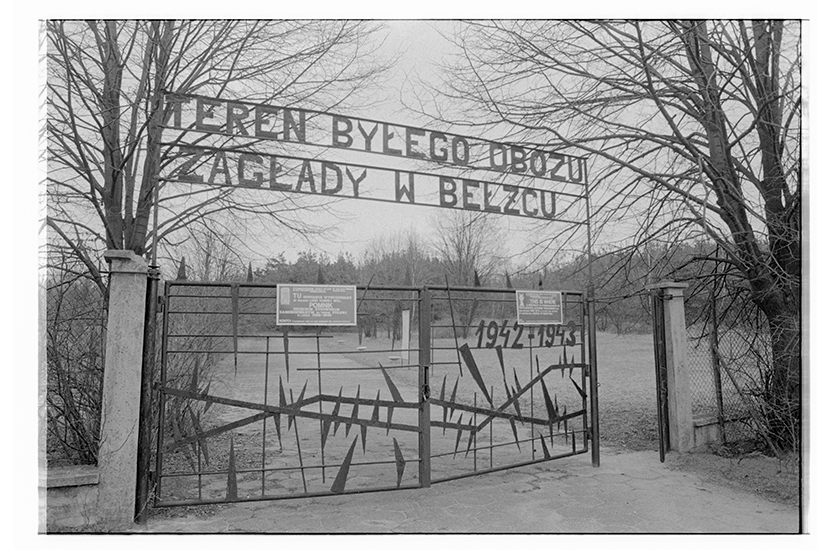Writers of memoirs are often praised for their honesty — but how do we know? I found I did believe Frances Stonor Saunders for readily admitting her ambivalence towards her father, who died in 1997 of Alzheimer’s. She is ‘secretly furious’ with him for ‘not telling his story’. But when his suitcase — almost certainly containing revealing documents — is handed to her in a church car park in 2011, she baulks at opening it and puts it first in her mother’s attic (her parents divorced when she was eight), then in her uncle Peter’s, where it stays for the next ten years. Her mother had warned: ‘If you open that suitcase you’ll never close it again.’
This is an intense, sometimes sad book. The suitcase is a potential treasure trove: ‘My hope is that, if I open it, it may offer a way across a border to meet my father, who in life was unknowable to me.’ Historically, a suitcase was an important item for Jews who might suddenly have to flee. Frances’s father’s original surname was Slomnicki, and the town of that name on the map of Poland in the family’s Wiltshire house was circled in red. Frances discovers that most Slomnickis were deported from there, along with 1,000 other local Jews, to Belzec extermination camp in June 1942. Her grandfather, uncle and father were away at the time, and so escaped this fate, but she can find no trace of her paternal great aunts Madzja and Henja.
Her father, Donald, was born in 1931 in Campina, a small town near Bucharest, and his brother Peter two years later. Their father, Joseph (Polish-Russian-Jewish), had ‘scraped’ a British passport in 1921, which would save his life. He fought for the British in both world wars and converted to Anglicanism in 1932 in Budapest.







Comments
Join the debate for just £1 a month
Be part of the conversation with other Spectator readers by getting your first three months for £3.
UNLOCK ACCESS Just £1 a monthAlready a subscriber? Log in